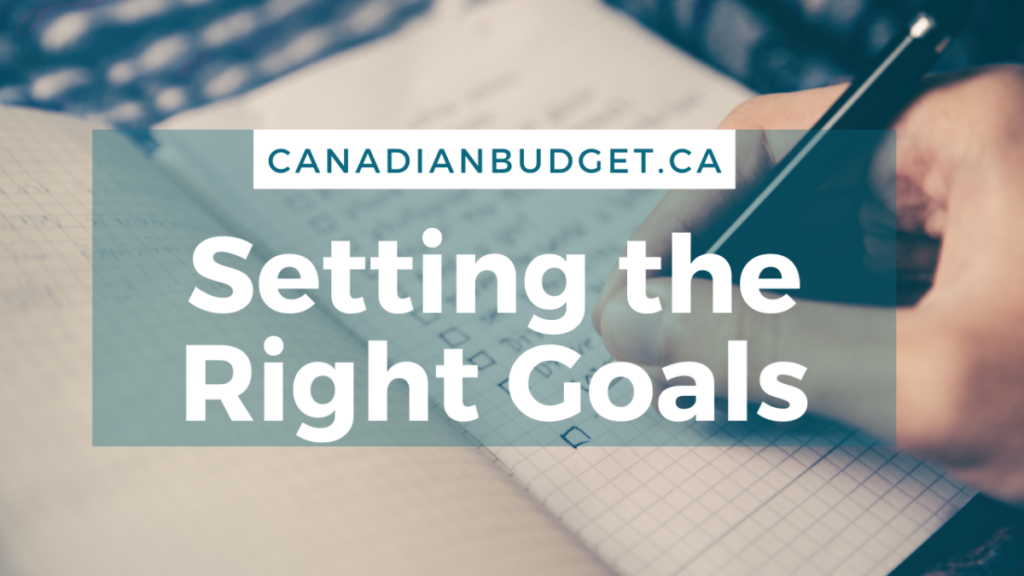The content on this website may contain referral links, affiliate links or sponsored content. This means we may earn money from brands when readers click through, purchase, or sign up through certain links. This won’t cost you anything extra if you decide to purchase something.
Setting Financial Goals
Table of Contents
ToggleLet’s talk about setting financial goals for ourselves.
New Year’s is when most people will set some goals for themselves. Even if you aren’t into New Year’s resolutions, it’s always good to keep up your personal goals for improvement anytime. You don’t have to wait until a specific date to get started! Why not start today?
No matter what your current financial situation, setting financial goals can be beneficial. First, ensure you are setting your financial goals in a way that will set you up for success. Organizing your goals by putting essentials first will help you succeed.
Setting Financial Goals: Order of Operations
#1 Start an emergency fund in a high-interest savings account
#2 Pay down your debts
#3 Plan for retirement
#4 Make a list of other short and long-term financial goals.
Before we dive into detail on each of these, let’s talk about how to make SMART goals.
Setting SMART Financial Goals
You’ve probably heard of the SMART framework before:
Specific
Measurable
Achievable
Realistic
Time-bound
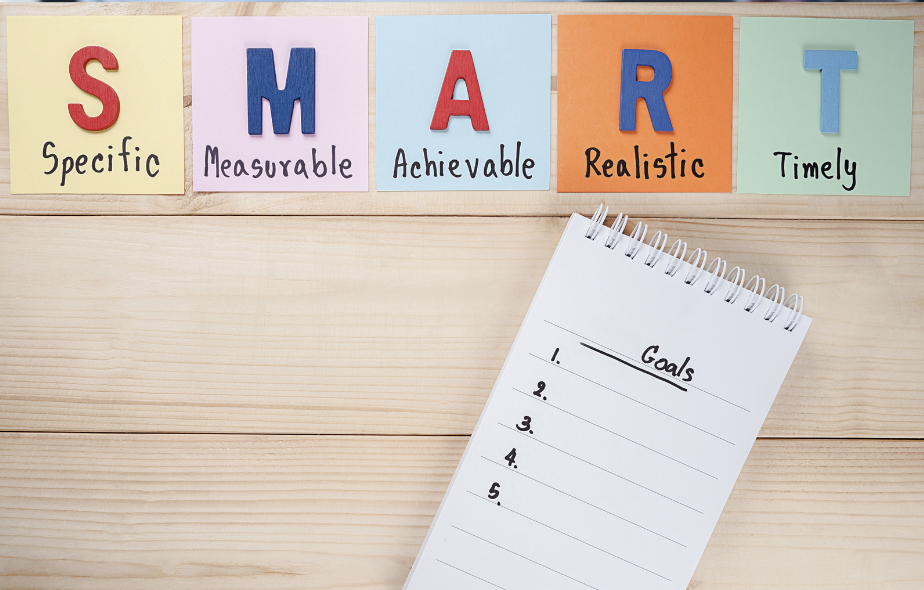
Using the SMART framework when setting financial goals will help ensure you have more actionable, realistic goals that can guide you in the exact steps to take to reach them.
Telling yourself you need to save more money or you want to build an emergency fund is typically insufficient to actually have an impact and compel you to take the right actions needed to reach those goals.
Setting financial goals such as “saving an emergency fund” can vastly improve by turning them SMART.
“I will save a 6-month emergency fund within the next two years. To do so, I will save $400 through automatic monthly transfer into a high-interest savings account to reach my goal by December 2025.” The second version of our goal gives us a plan of action and a specific goal to work toward intentionally.
Thinking about each element of the SMART framework, rework your goals until they meet each of the criteria. Another way is to focus on the Who, What, When, Where, How and Why of your goals when you are writing them!
Use tools to assist in your financial goal-setting
Tools can help organize your thoughts and get your goals down on paper. Use this FREE Setting Financial Goals worksheet to help you get started.
Don’t forget to track your progress toward your goals! There are lots of ways to track progress toward financial goals. Visual reminders, adult colouring sheets for tracking your progress toward debt payoff or savings goals, Spreadsheets with charts and graphs: there are many ways to help you track and visualize your progress. This can be extremely motivating as you work toward your goals.
Setting Financial Goals: Emergency Fund
Let’s talk first and foremost about why you need to prioritize an emergency fund. An emergency fund should be your number one priority before pursuing any other financial goal. If you don’t have an emergency fund and start toward another goal, you will get derailed when life happens, and it does happen.
Determine how much of an emergency fund you need based on you own particular circumstances. A good way to estimate is calculating you monthly expenses, plus a bit extra to cover day to day things. Imagine you lost your job, how much money you have in your emergency fund, equals how long you can safely spend getting a new job and not have to worry about your expenses or go into debt.
Choose the number of months that makes you feel comfortable, and make that your goal. Your chosen amount of months multiplied by your monthly expenses (plus a bit extra) as a buffer.
I want you to make this your top priority.
Yes, even if you have debt, you should prioritize your emergency fund. Of course, you need always to pay the minimums on your debts – but no extra until you have an emergency fund! Do not drain it to pay your debts. It will land you back in the same place the next time there is an emergency and you aren’t covered.
Setting Financial Goals: Pay Off Debt
Paying off debt is a huge milestone in your financial journey! The day all the money you get from your paycheque belongs to you is a day to remember! Let’s get you on the way to living a debt free life by setting financial goals that include getting you out of debt!
Sitting down with ourselves and taking stock of all your accounts and balances owing is a painful but necessary step in the process.
Choose a debt payoff method that works for you, and look into tools that can help you track your progress. Find ways to make a little extra room in your budget to help get you to the finish line faster!
Setting Financial Goals: Plan for Retirement
Planning for retirement is the ultimate long term goal. You need to be thinking about this decades away from when you are going to retire. the earlier you begin to work on saving and investing for retirement, the better off you will be, and the less you have to contribute to reach the same goals.
Whether or not you have a Pension will be a big contributing factor to how much you need to save for retirement. Otherwise some calculations need to be done to figure out how much you will need to be saving.
To figure this out you need to make some estimates, and then factor in your personal savings, Old Age Security, Canada Pension Plan, and any other benefits you may be entitled to to see if there is any gap.
That gap between what you need for your expenses and lifestyle in retirement, minus the benefits you will have available – will be your retirement savings/investment goal.
Setting Other Short and Long-Term Financial Goals
I invite you to make a list. Financial goal setting doesn’t have to be difficult. Write down your short, medium and long-term goals and determine how much they will cost to achieve. Everyone’s idea of what might be classified as short vs long term may vary slightly. I would go with under 3-5 years is a short-term goal, and any longer than that would be a mid or long-term goal.
You might not know what amount of money is required for each of these items, but that’s okay for now. I will go into detail on each of these in subsequent posts. But for now, just know that they are things you should prioritize.
Whatever your goals are, it’s a good idea at a minimum to write them down and put a price tag next to them along with a due date.
Having these goals written down will help when you move on to setting up a spending/savings plan.
Happy Planning!!
Find more posts like this in the Budgeting section of our blog
More on the blog...
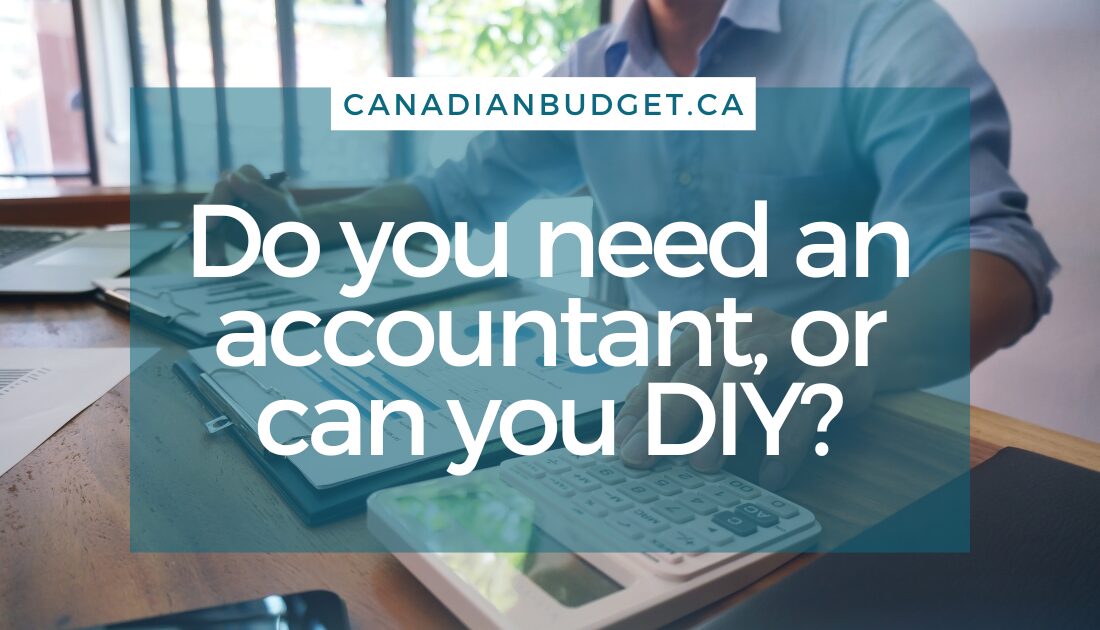
Do You Need an Accountant…
Guest Post by Karan Sachdeva of MultiTaxServices Doing taxes in Canada Money management often feels like one of those “I’ll...
Read More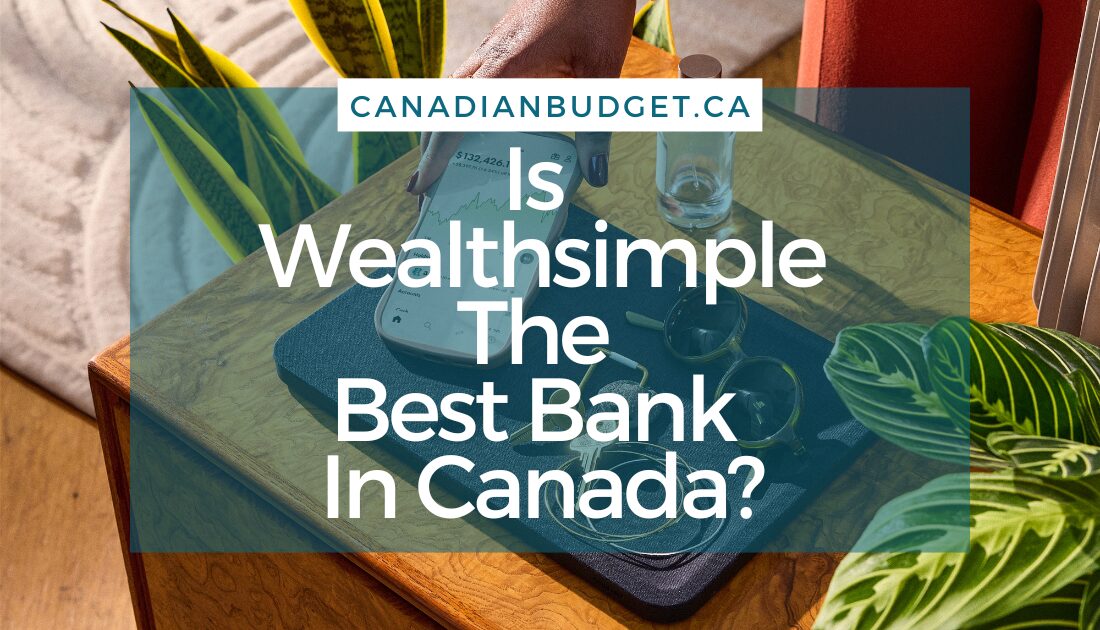
Why Wealthsimple Could Be the…
Wealthsimple Banking Review 2025: Best No-Fee Bank in Canada
Read More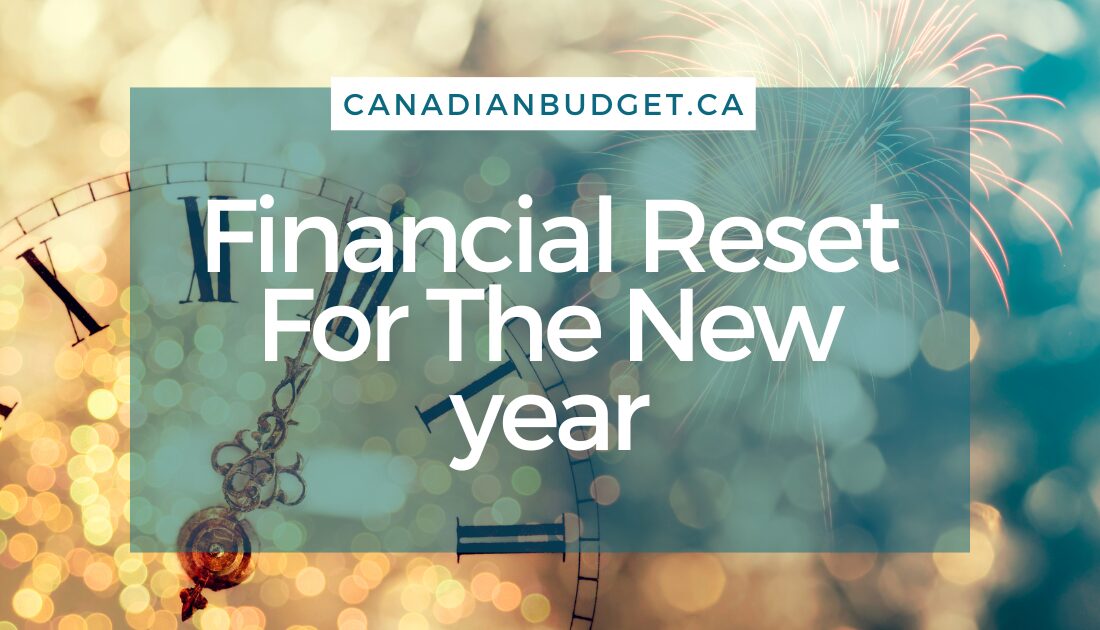
Financial Reset For The New…
How to Do a Financial Reset for the New YearAs the new year begins, it's the perfect time to take...
Read More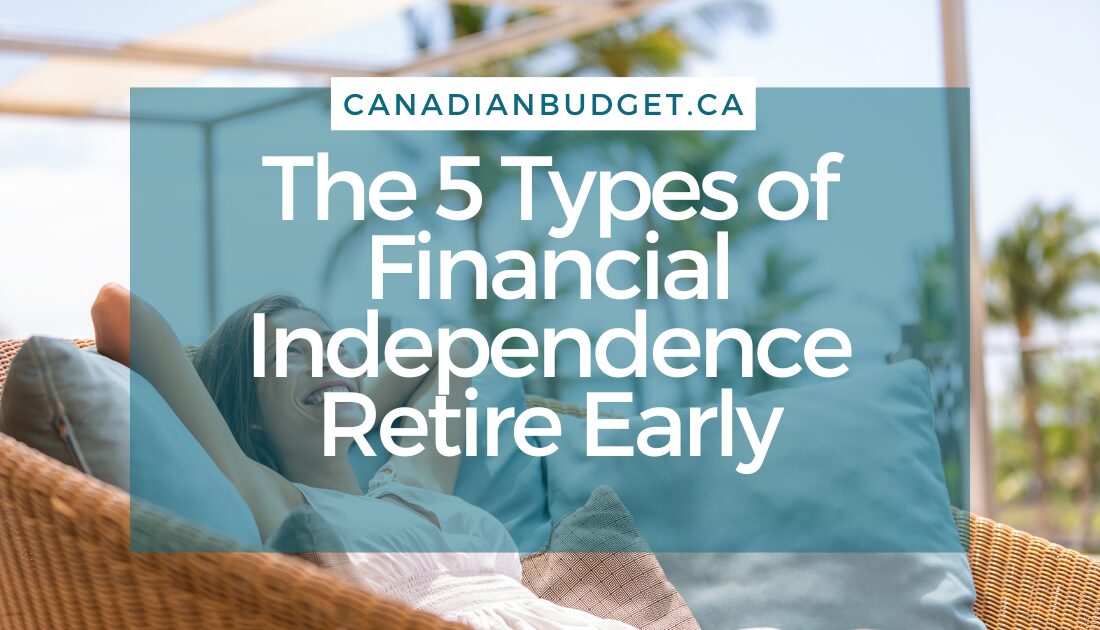
The 5 Types of Financial…
Starting your journey towards Financial Independence Retire Early (FI/RE) in Canada opens up possibilities for those eager to take control...
Read More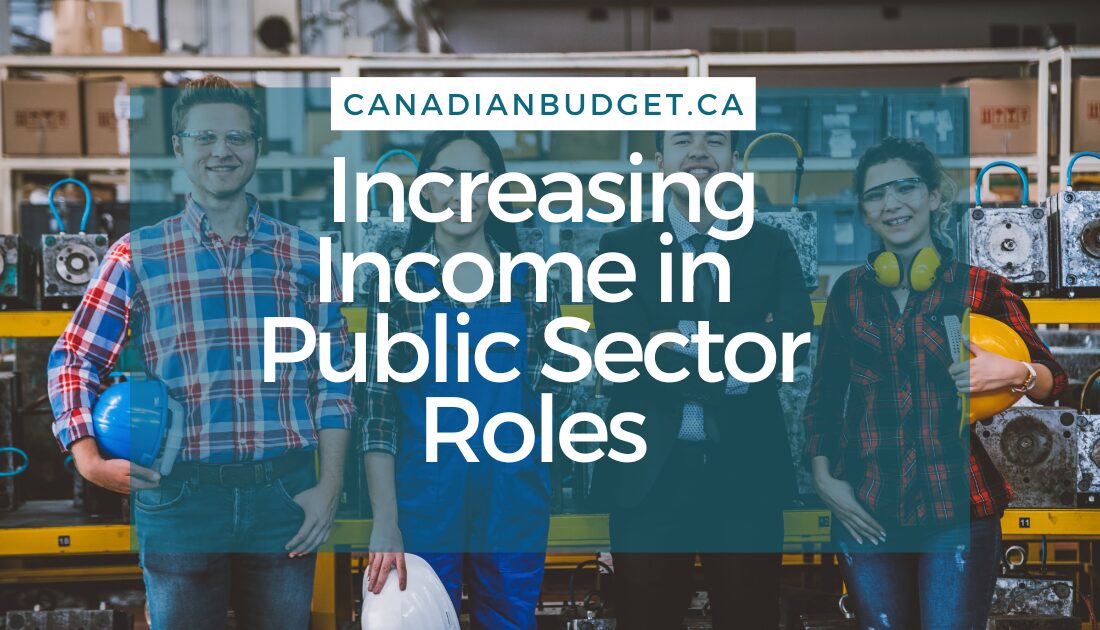
In a Public Sector role?…
Public sector roles, including those in schools and hospitals, make up approximately 21% of employment in Canada. That includes teachers...
Read More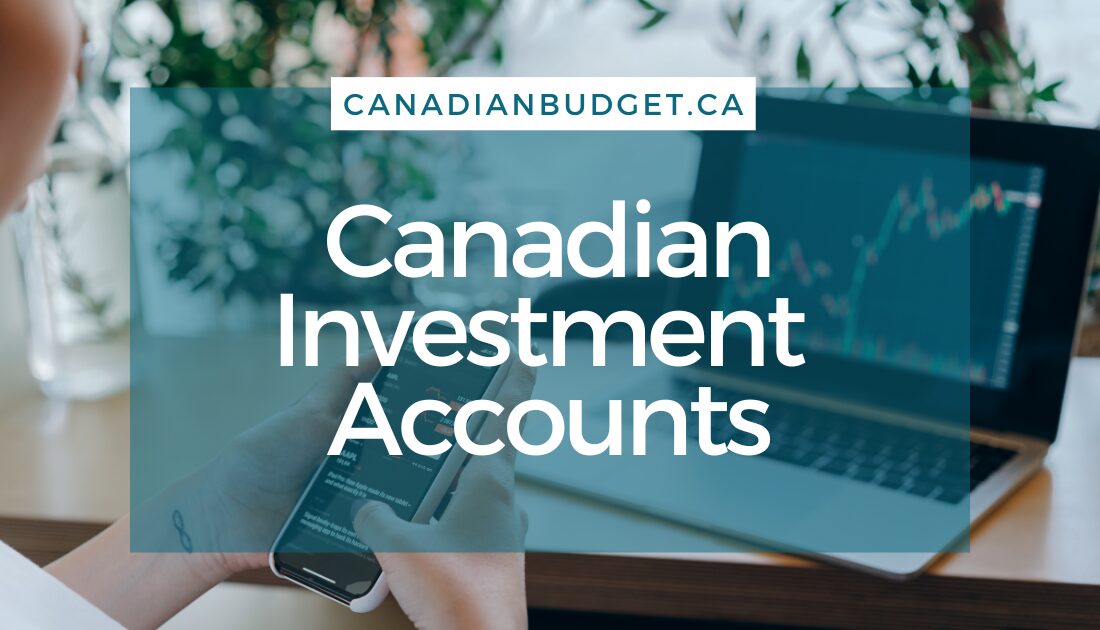
8 Canadian Investment Accounts To…
If you are new to investing, you might be wondering what the Canadian investment accounts are available, and which is...
Read More
What Are Canadian Real Estate…
Canadian Real Estate Investment Trusts: What They Are and Should You Invest? Canadians have heard owning property was the path...
Read More
6 Ways Fixing Credit Scores…
Struggling with debt can significantly impact your financial well-being, especially if your credit score suffers. Fixing credit scores is important...
Read More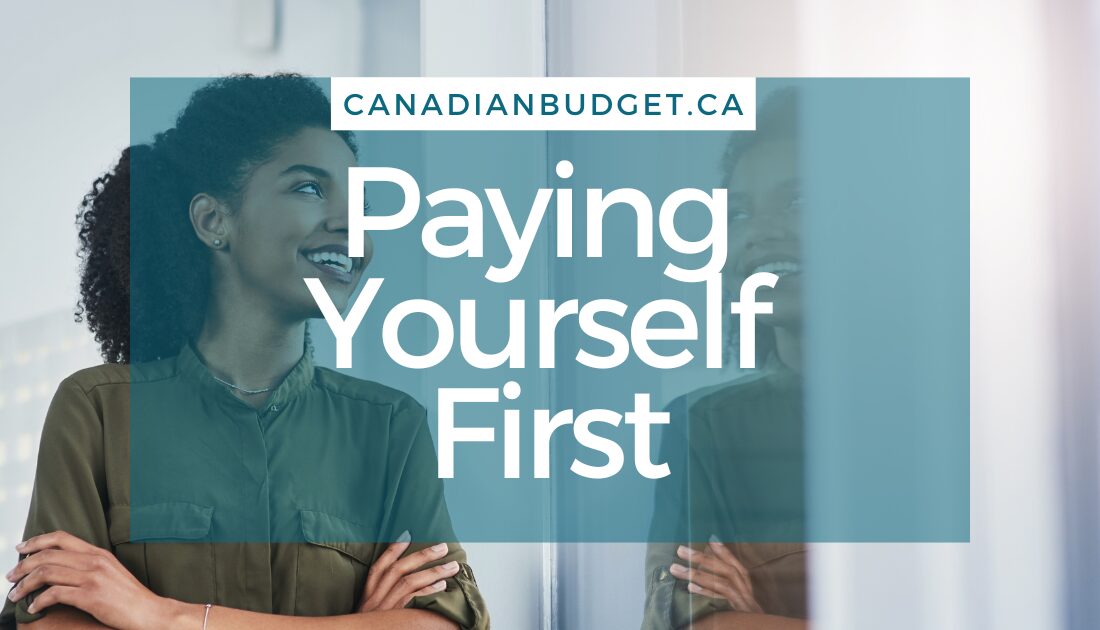
The Paying Yourself First Method
Taking control of your financial future starts with a simple yet powerful concept: paying yourself first. Shifting your money mindset...
Read More
How to Calculate Retirement Savings…
When is a good time to calculate retirement savings needs? When retirement may be decades away it’s hard to think...
Read MoreAbout The Author
Jessica Morgan
Jessica Morgan is the founder and CEO of Canadianbudget.ca. She is passionate about personal finance and helping Canadians improve their financial literacy by providing more Canadian focused financial content. A millennial mom of one, she has a burning obsession with all things personal finance.
Jessica has a BA in East Asian Studies from York University and a Masters in Business Administration from Toronto Metropolitan University. She is a career public sector employee with a Hybrid Pension, and an advocate for Canadian women to improve their personal finance knowledge.
Jessica Morgan
Jessica Morgan is the founder and CEO of Canadianbudget.ca. She is passionate about personal finance and helping Canadians improve their financial literacy by providing more Canadian focused financial content. A millennial mom of one, she has a burning obsession with all things personal finance.
Jessica has a BA in East Asian Studies from York University and a Masters in Business Administration from Toronto Metropolitan University. She is a career public sector employee with a Hybrid Pension, and an advocate for Canadian women to improve their personal finance knowledge.

